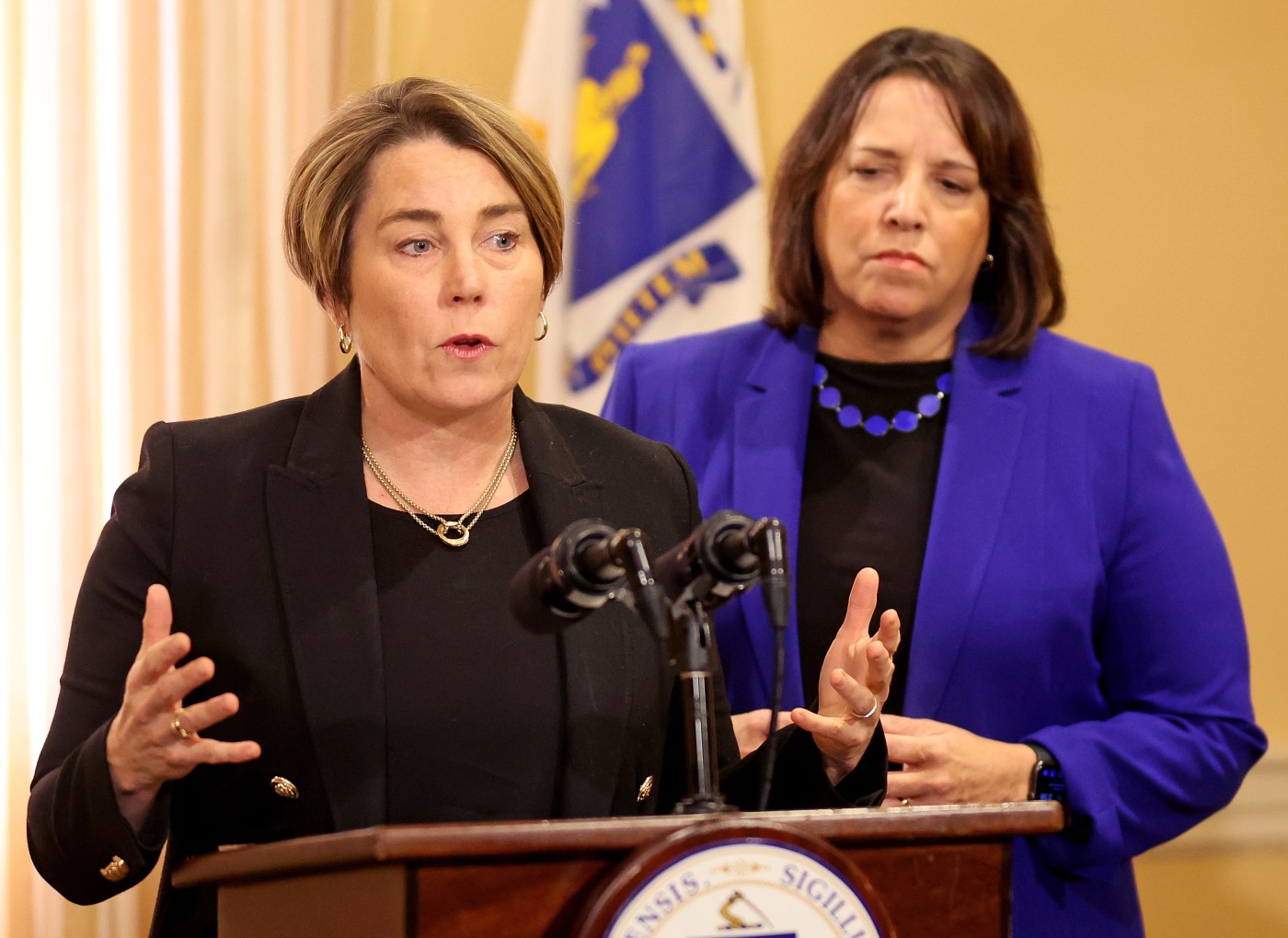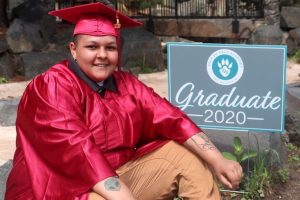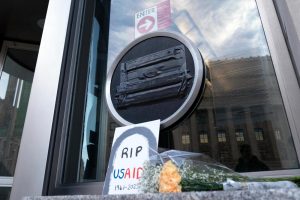
Critics say new lottery admission proposal for vocational schools would exclude up to 50% of some cities’ students
An upcoming long-awaited proposal to change vocational schools’ admissions policies to use a lottery system could actually exclude large proportions of certain students, critics said Thursday ahead of a presentation to the Board of Elementary and Secondary Education (BESE) next week.
“While the commissioner’s proposed revised regulations would require all vocational schools and programs to offer admissions to students using a blind lottery, and remove the exclusionary criteria of grades, recommendations, and interviews, the regulations enable schools and programs to exclude from students from the lottery who have accumulated 10 or more unexcused absences,” the Vocational Education Justice Coalition (VEJC) said Thursday.
Statewide, the coalition continued, just under one-quarter of all students would be excluded. Much bigger proportions of students within marginalized groups and from certain cities would be automatically disqualified from applying to the programs, VEJC stated.
The Healey-Driscoll administration announced the proposal to change the long-controversial vocational school admissions program in a release Thursday morning. The state education board will vote on whether to send the changes to a public comment period on Tuesday.
In 2003, the state-mandated vocational schools used selective criteria to rank applicants in the admissions process, which advocates have argued disadvantages students who may be low-income, disabled or otherwise marginalized and sends more students to college than the trades the schools are intended to specialize in. The state made the admissions criteria optional in 2021, but most schools continued to keep the standards.
The proposal would mandate vocational schools, called career technical education programs, use a lottery program for admissions and only use “excessive unexcused absences and/or certain disciplinary conduct as selective criteria,” according to the release.
Schools may consider 10 or more unexcused absences from the prior two school years in admissions decisions, according to documents included in the BESE meeting agenda. The schools may not consider “minor behavior or disciplinary infractions” or excused absences.
Certain serious infractions for which suspension or expulsion was imposed may also be considered in the admissions process under the proposal.
The proposal states the schools can only use other criteria if they can demonstrate it is essential to their programs or “alternative equally valid criteria that do not have such a disproportionate adverse effect are unavailable.”
In their release, the Healey-Driscoll administration also highlighted new funding that will add 3,000 new vocational education seats over three years.
“The Department of Elementary and Secondary Education is committed to all students having equitable access to career technical education, and these proposed regulatory changes are designed to advance that goal,” said Russell Johnston, acting commissioner of elementary and secondary education. “We welcome additional public input before the Board votes.”
Related Articles
Kids’ disability rights cases stalled as Trump began to overhaul Education Department
Senate committee advances ex-wrestling CEO Linda McMahon as Trump’s nominee for education secretary
Massachusetts Higher Education Board uncertain of what Trump anti-DEI push means for colleges
Trump administration gives schools a deadline to end DEI programs or risk losing federal money
Schools around the US confront anxiety over Trump’s actions on immigration
VEJC argued that over one-third of Latino, low-income, and English Learner students would be excluded from applying to vocational schools statewide under the attendance requirements in the proposal. In a sample of 10 Gateway Cities, the coalition continued, 30-53% of students would be excluded.
“Gov. Healey’s promise of fairer admissions regulations is not met by this proposal,” VEJC said. “The coalition will be asking the Governor to request BESE members and commissioner to go back to the drawing table and draft a more equitable vocational school admissions proposal that does justice for all students from protected classes.”
The Blue Hills Regional Technical School in Canton. (Stuart Cahill/Boston Herald)


